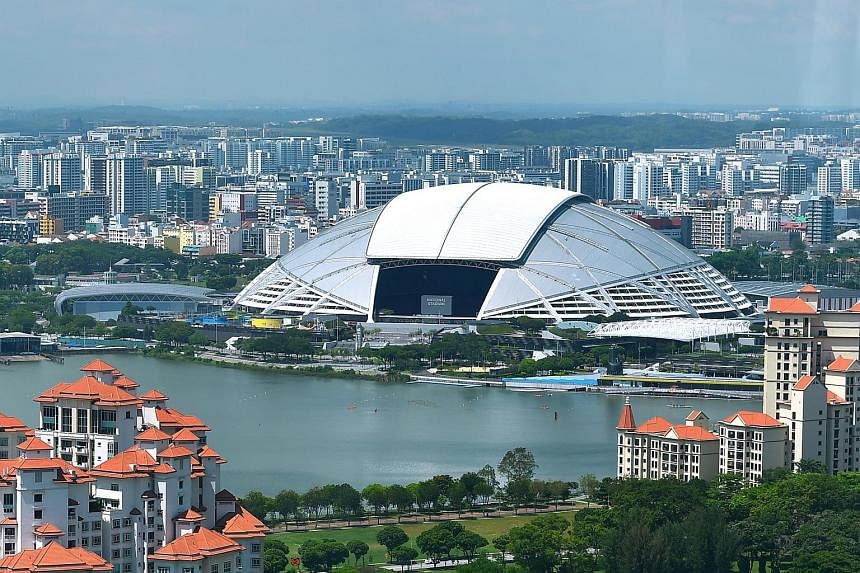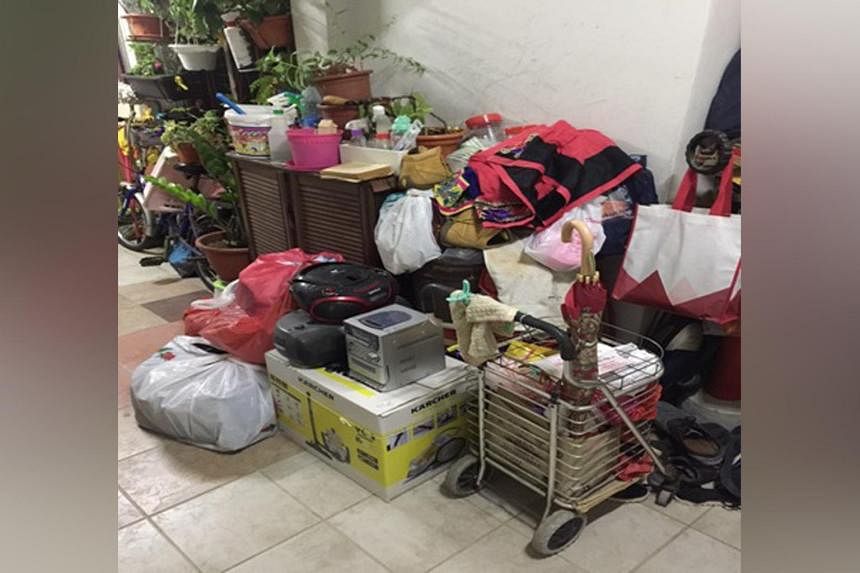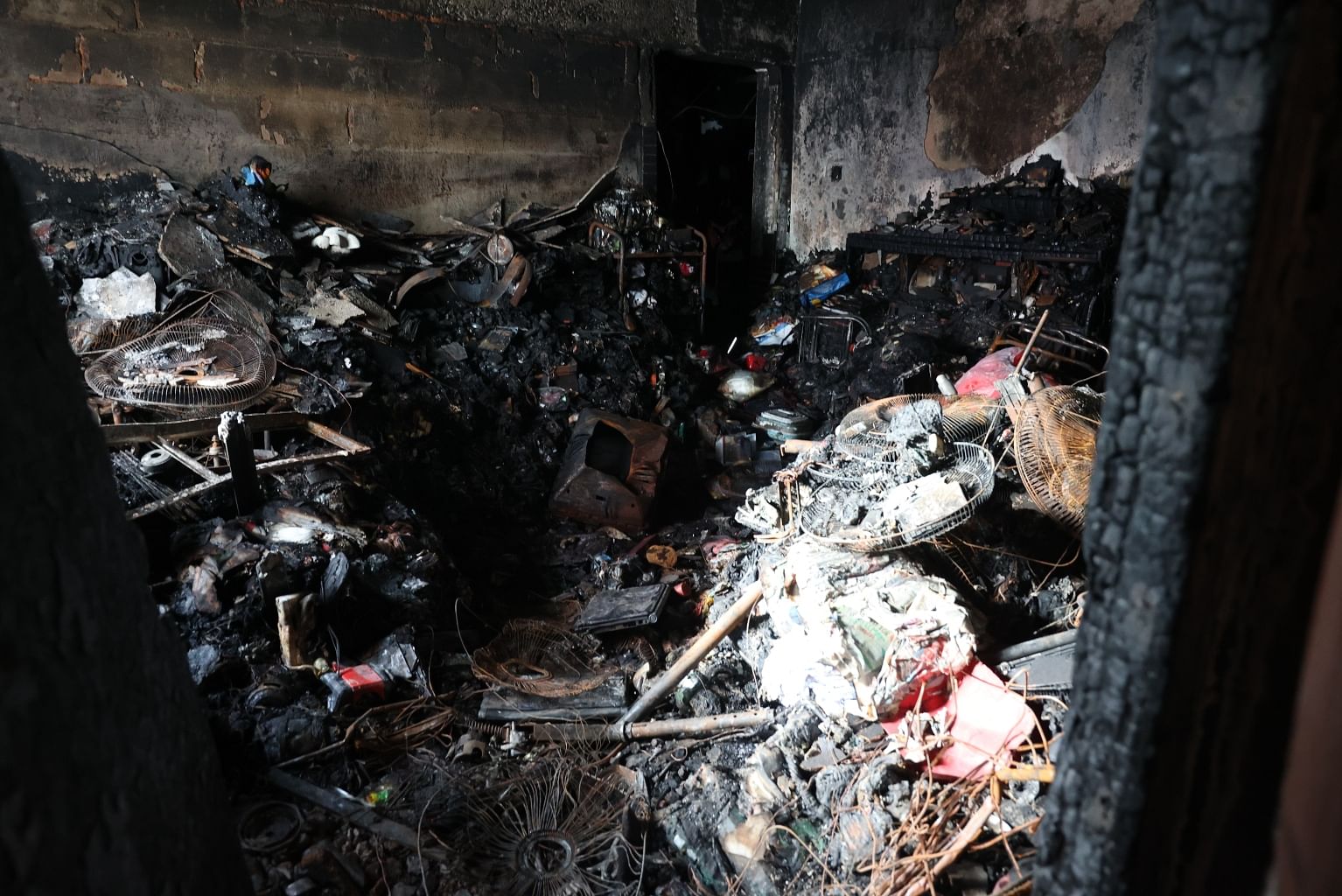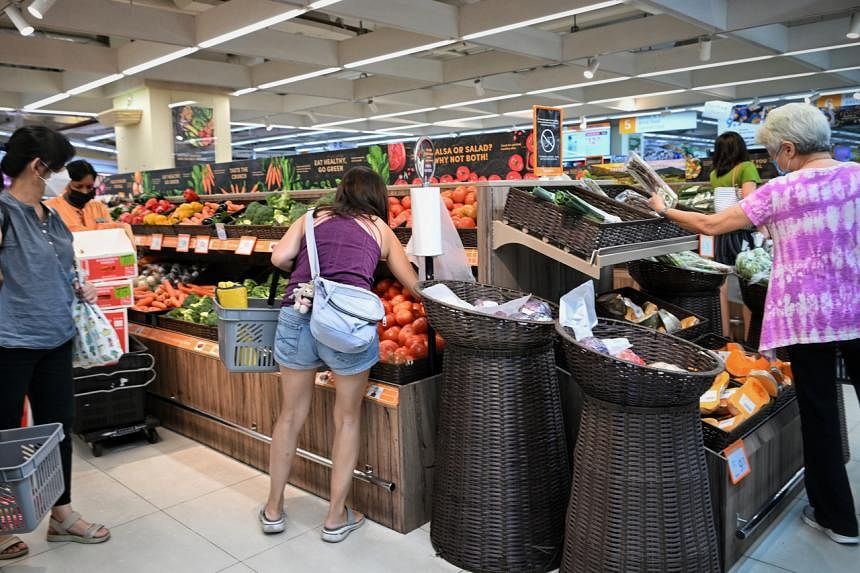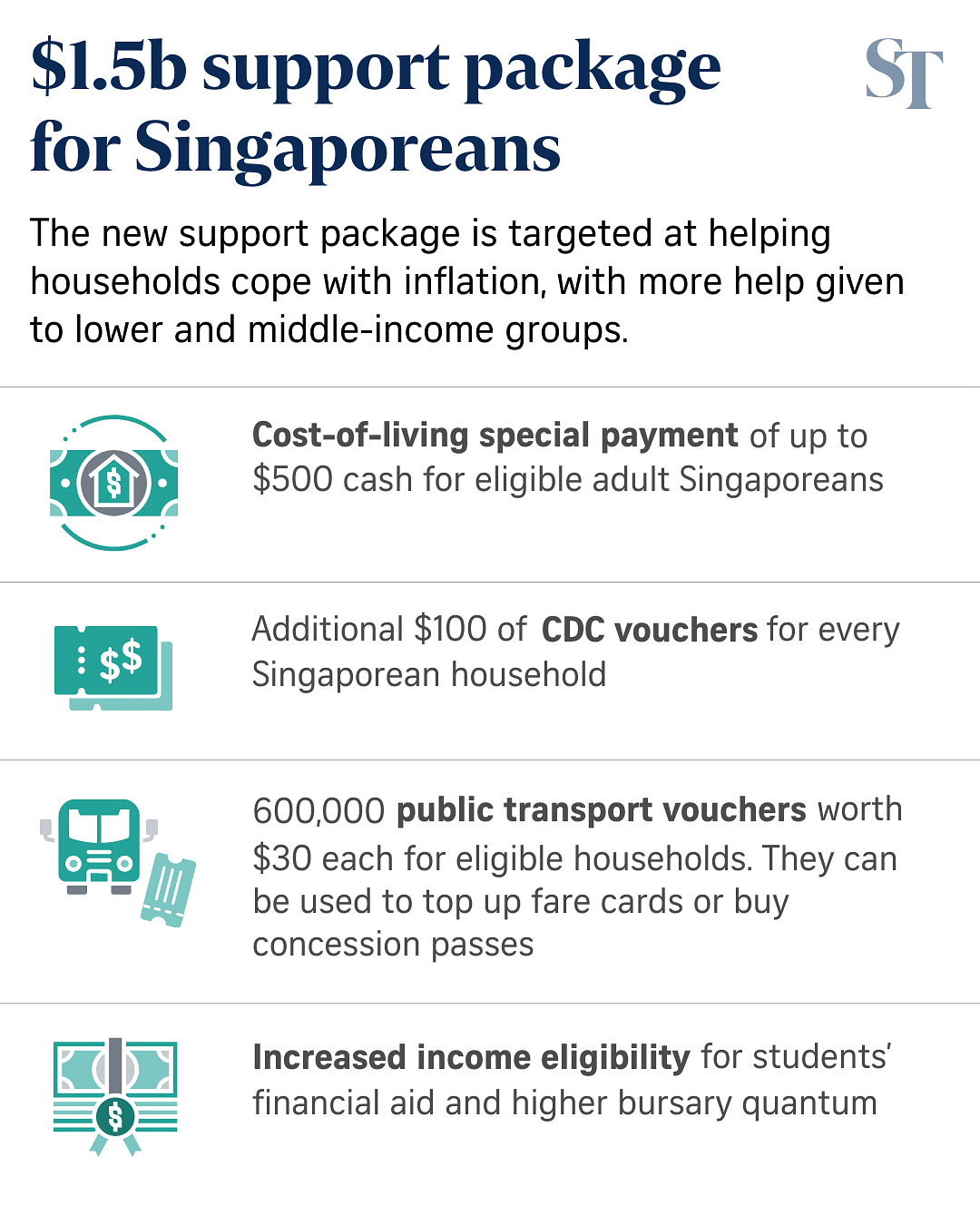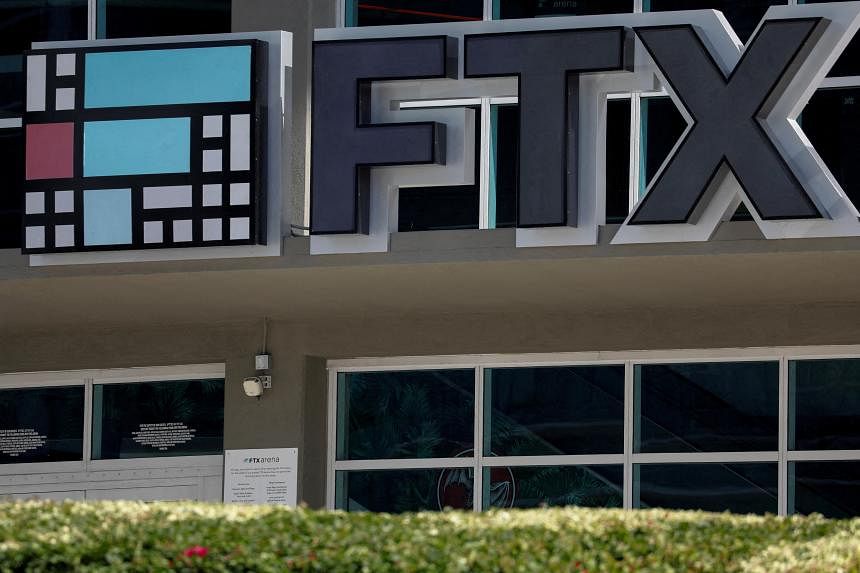- Joined
- Jul 25, 2008
- Messages
- 15,289
- Points
- 113
HDB will review policies for coffee shop food affordability if necessary: Desmond Lee
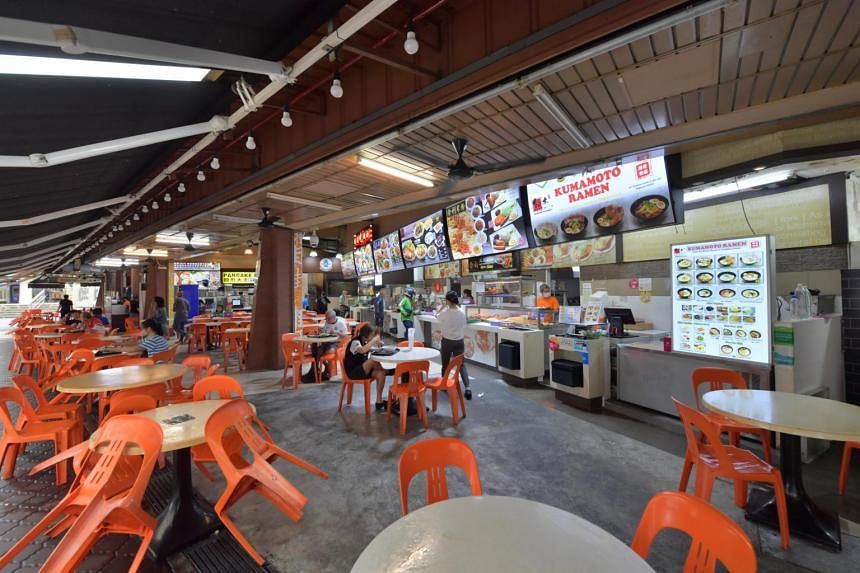
Some tenants at a coffee shop in Tampines which was sold for $41.68 million said rents there have surged since April. ST PHOTO: ALPHONSUS CHERN

Anjali Raguraman
Consumer Correspondent
July 6, 2022
SINGAPORE - The Housing Board regularly monitors the resale market for HDB coffee shop transactions, as well as the prices of food, and "will not hesitate to review its policies to address affordability concerns", said National Development Minister Desmond Lee.
Mr Lee was replying via written response on Tuesday (July 5) to parliamentary questions on efforts to keep food prices affordable, after several multimillion-dollar transactions for coffee shops came under the spotlight in recent weeks.
The questions came from MPs Jamus Lim (Sengkang GRC), Sharael Taha (Pasir Ris-Punggol GRC), Shawn Huang (Jurong GRC), Foo Mee Har (West Coast GRC) and Murali Pillai (Bukit Batok), as well as non-constituency MP Hazel Poa.
The queries arose after news reports last month that a coffee shop in Tampines Street 21 was sold for a record $41.68 million, while a Yishun Street 81 coffee shop changed hands for $40 million.
Some tenants at the Tampines coffee shop told The Straits Times that rents there have surged since April.
Mr Lee said that there are currently more than 770 HDB coffee shops, of which 400 were sold by the statutory board in the 1990s to "encourage private-sector ownership in running these coffee shops".
HDB stopped selling coffee shops in 1998.
While the Tampines and Yishun coffee shops that were sold for record prices were privately owned, such transactions are a minority, Mr Lee said.
He added that 70 per cent of resale transactions of sold coffee shops since 2010 were below $10 million, with an average of 15 transactions yearly since 2010.
While Mr Murali had asked if the Government will introduce rent control measures for stallholders at eating houses in mature estates, which are where high-value sales "seem to be taking place", Mr Lee replied that such restrictions may result in unintended impacts.
"For example, by controlling rent, we could end up reducing the incentive for coffee shop owners to invest in improving their coffee shops to provide better services and facilities to customers," Mr Lee said in his written reply.
Instead, Mr Lee said, HDB currently ensures that people can easily access affordable and quality food within public housing estates through a good supply of coffee shops, and regulation of price-quality tenders for coffee shops run by HDB.
For example, the two coffee shops in Tampines and Yishun have five and seven other coffee shops, respectively, within a 400m radius.
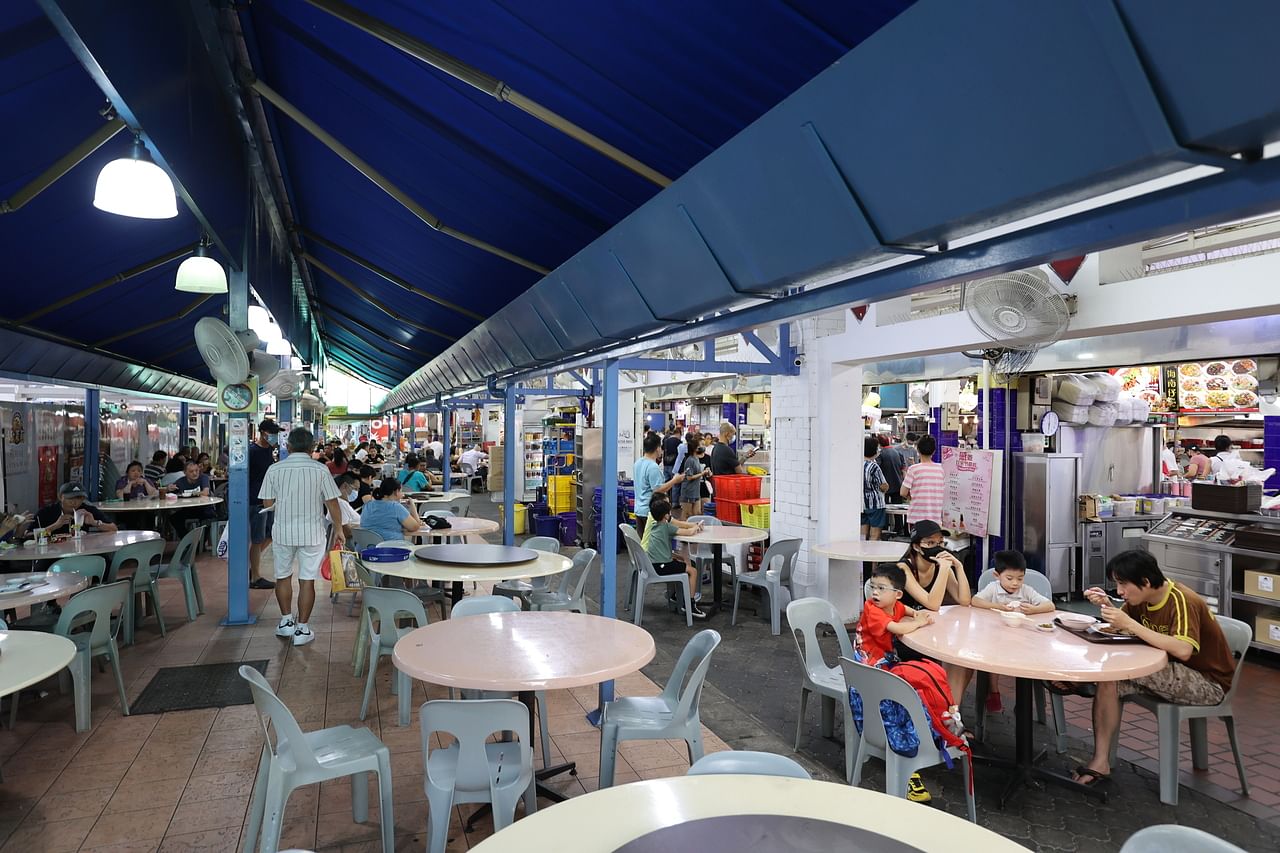
The Yishun Street 81 coffee shop which changed hands for $40 million. PHOTO: LIANHE ZAOBAO
Mr Lee also said the Bukit Batok Street 11 coffee shop that was sold for $31 million in 2015 has six other coffee shops within the vicinity. He added that food prices at the coffee shop are only "marginally higher" by 10 to 20 cents, while a cup of coffee is the same price as that at other nearby coffee shops.
He revealed that HDB will complete another 30 coffee shops in the next four years, in addition to the 34 new ones in the past four years. This is in addition to more than 100 hawker centres here, with four more to start operations this year, and seven being planned or under construction.
Another way prices have been kept affordable is via the regulation of price-quality tenders, started in 2018 in HDB coffee shops.
Factors such as the availability of budget meals, good track record and community initiatives made up half of the points assigned to asses the quality of the operator.
Such operators typically provide budget food options at every stall, priced at around $3, said Mr Lee.
"We are mindful of the need to ensure that residents have access to affordable cooked food options, and of the potential impact of resale transactions," he said.
"Ultimately, consumers must be given the choice to go elsewhere. This applies to stallholders as well. If the rents set by coffee shop owners are too high, stallholders could move to other eating establishments, resulting in vacant stalls and holding costs for the owners."



